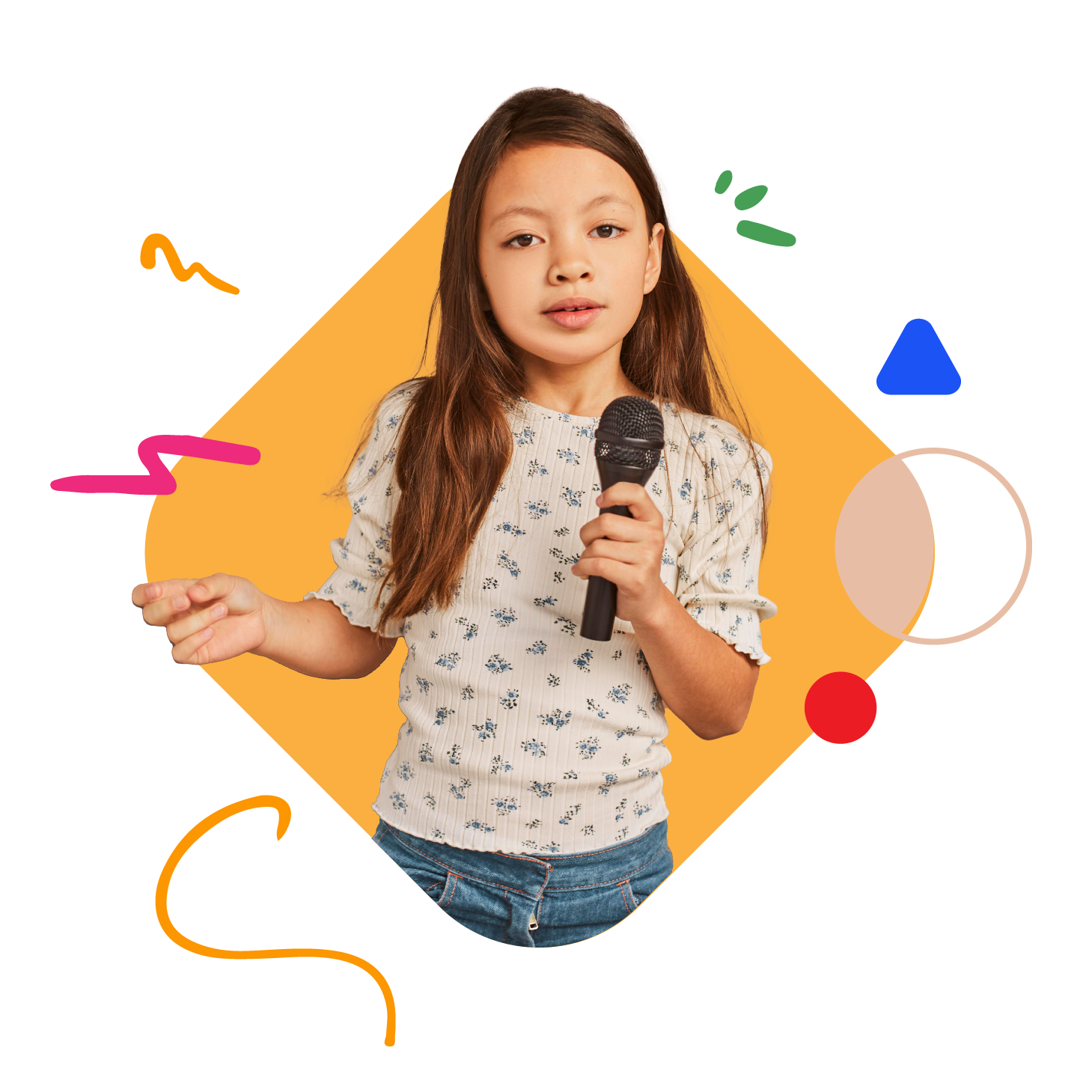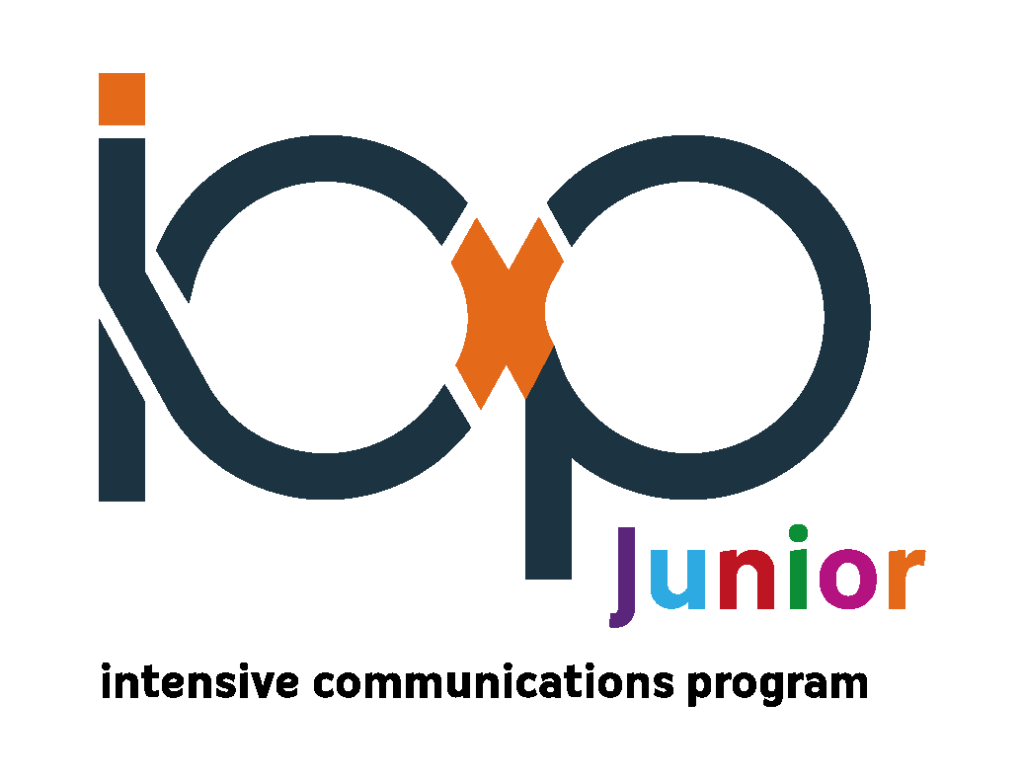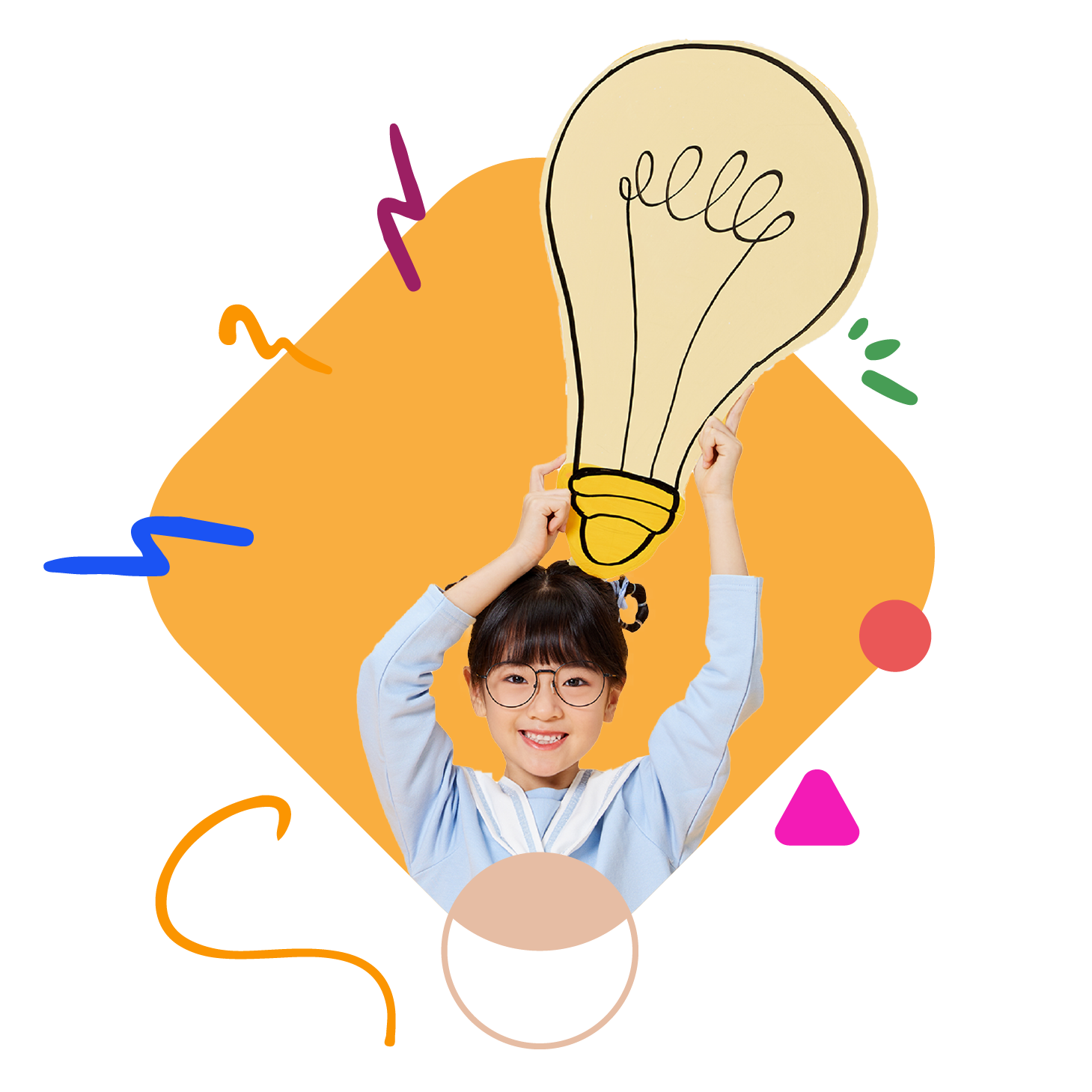UNleash your child's
SUperpowers



Communicator
Age Category : 11-17 years
Duration : 12 weeks
Coaching : 2 hours per week
Assignments : Weekly Listening & Speaking task
Goal of the Program:
“At the end of the ICP Junior Communicator program learners and participants will be able to speak comfortably in front of small audiences and on online platforms, through the development of their listening and verbal communications skills.”
Modules Taught :
- Delivering an Authentic Introduction of Yourself
- Purposes of Speech – Why should we learn to communicate?
- How to deliver an impactful message (Open/Body/Close)
- Vocal Variation & Tone
- Body Language, How to Face the Camera & Lighting

Streamer
Age Category : 11 -17 years
Duration : 8 weeks
Coaching : 1 hour per week
Podcasting : 45 min LIVE Stream per week tasks
Goal of the Program:
“At the end of the ICP Junior Streamer, learners and participants will be able to entertainingly host and broadcast meaningful infotainment programs and shows.”
Modules Taught :
- Hosting vs Presenting
- Mastering the art of Introductions
- Evaluation and Beyond
- Research & H.W.
- Technology vs Skills
- Networking vs Storytelling



Law
Age Category : 12 – 17
Duration : 8 weeks
Coaching : 1.5 hours per week
Goal of the Program:
“At the end of the ICP Junior Law, learners will thoroughly know the basics of understanding and practicing Law in a healthier way that develops civic responsibilities and young leader awareness.”
Modules Taught :
- What are laws? Why do we need them?
- What is a right?
- What is the responsibility that follows the right?
- Government – Who is to serve and who is to be served?
- What is a constitution? Why is it needed?
- Basics – Public Trust Doctrine.
- How to form arguments? – How to structure a speech.
- Introduction to a case on the violation of a Fundamental Right.
- Basics – Legal Research and Mooting.
IDEATE WORKSHOP
Age Category : 12 – 17 years
Duration : 4 hours (1 day workshop)
Goal of the Program:
At the end of the course learners will have practised:1. Redefining context; connecting problem events that they see reocurring to the underlying roots that sustain them using “5 Whys” approach2. Writing SMART problems; defining problem roots that are within their sphere of influence as “How Can We/I” statements that adhere to the “SMART” definition
Modules Taught :
S – Specific
M – Measurable
A – Actionable
R – Relevant
T – Timebound


